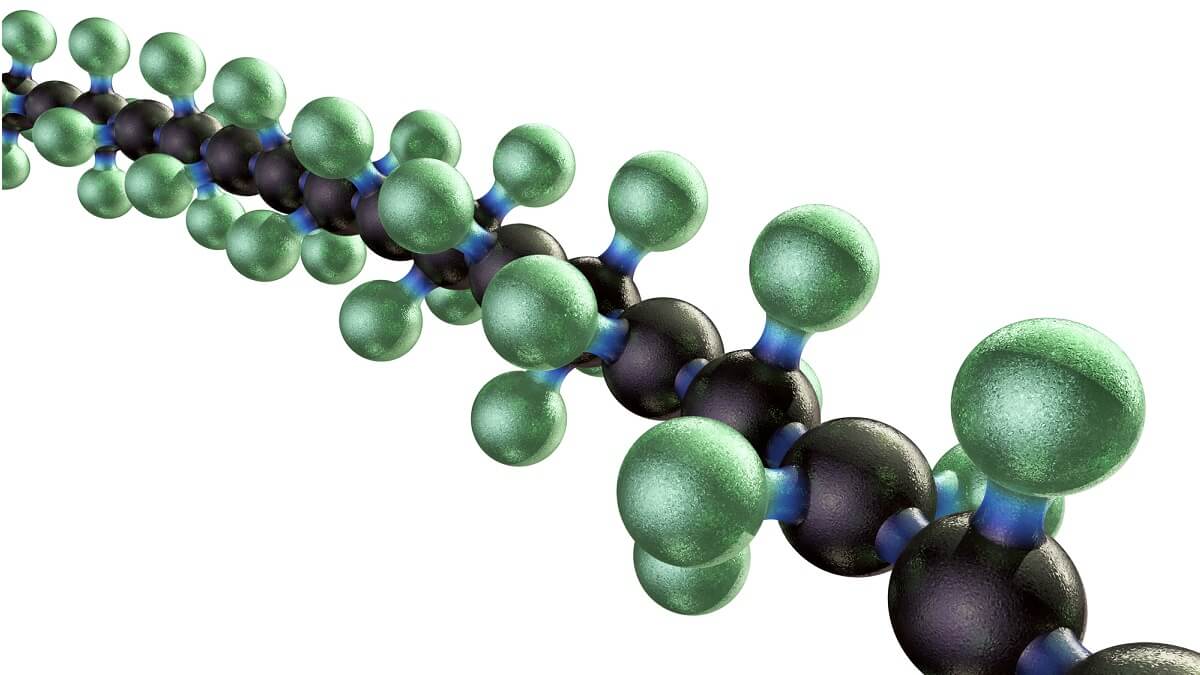Polymers in Building: Stronger, Lighter, and A Lot More Durable
Polymers in Building: Stronger, Lighter, and A Lot More Durable
Blog Article
Checking Out the Varied Applications and Advantages of Polymers in Different Industries
Polymers, with their varied series of residential properties and capabilities, have actually come to be crucial in different markets, each enjoying distinct benefits from their application. Polymers. From improving safety and efficiency in the auto market to changing clinical gadgets in the health care sector, polymers play a crucial duty. In addition, their green nature is modifying the landscape of sustainability methods. As we explore the midsts of polymers in electronics, we reveal advanced technologies, while their architectural stability transforms the world of building and construction and facilities. The pervasive influence of polymers throughout industries is a testimony to their convenience and flexibility, shaping the future of countless industries.
Automotive Sector Applications
Polymers play a pivotal role in improving the efficiency and durability of various elements within the automobile field. One prominent use of polymers in the automobile market is in the production of lightweight components.

Health Care Sector Benefits
In numerous medical care applications, the benefits of making use of polymers are widely recognized for their diverse variety of useful residential or commercial properties. Polymers play a vital function in the medical care sector as a result of their convenience, biocompatibility, and cost-effectiveness. Among the key benefits of polymers in medical care is their capability to be customized to certain demands, such as versatility, longevity, and biodegradability, making them ideal for a variety of medical applications.
Polymer-based materials are thoroughly made use of in clinical devices, such as catheters, implants, prosthetics, and drug shipment systems, due to their biocompatibility and capability to mimic natural cells. These products can lower the threat of sensitive reactions or rejections, enhancing person security and results. Additionally, polymers are lightweight, making them ideal for wearable medical devices and making certain person comfort.
Furthermore, polymers make it possible for the development of ingenious treatment techniques, such as hydrogels for tissue design and nanocomposites for targeted drug distribution. Their ease of processing and sanitation makes them vital for keeping high standards of hygiene in healthcare settings. On the whole, the diverse advantages of polymers add considerably to developments in clinical innovation and person care.
Ecological Benefits of Polymers

Additionally, polymers can add to power financial savings as a result of their light-weight nature. In markets such as transport, light-weight polymer products can help in reducing fuel consumption and greenhouse gas discharges. In addition, polymers can make it possible for the growth view it of energy-efficient items such as insulation products that boost power preservation in structures.
Moreover, polymers play an important function in minimizing water contamination. For instance, making use of polymer-based filtering systems can properly remove pollutants and contaminants from wastewater, safeguarding water sources and ecosystems. Overall, the ecological advantages of polymers make them beneficial possessions in promoting sustainability and environment-friendly methods across numerous sectors.
Polymers in Electronics and Modern Technology
Taking into consideration the increasing need for ingenious and lasting remedies in modern-day markets, the integration of innovative polymer innovations in the realm of electronic devices and modern technology has actually emerged as a crucial method for driving effectiveness and efficiency. Polymers have revolutionized the electronic devices sector by enabling the manufacturing of lighter, much more helpful site adaptable, and long lasting electronic gadgets. From mobile phones to medical gadgets, polymers play an important role in improving item style and capability.
One considerable advantage of polymers in electronics is their shielding properties, which assist protect delicate digital components from ecological elements and electric interference. Furthermore, polymers are essential in the growth of flexible screens, wearable technology, and printed electronic devices, offering unlimited opportunities for creating wise and interconnected devices.
Additionally, using polymers in electronic packaging has brought about developments in miniaturization and thermal administration, boosting the overall performance and integrity of digital systems. As technology continues to progress, the versatility and adaptability of polymers will most certainly drive further development in the electronic devices sector, forming the future of modern technology.
Duty of Polymers in Construction and Facilities
The assimilation of innovative polymer products in building and construction and framework tasks has actually revolutionized the method structures are developed and integrated in contemporary times. Polymers offer numerous advantages in the construction market because of their adaptability, longevity, and cost-effectiveness. One vital duty of polymers in building and construction is their usage in finishes and click for source sealers, supplying defense versus ecological elements such as dampness, UV radiation, and rust. In addition, polymers are used in the manufacturing of lightweight and high-strength composite materials, improving the architectural integrity of structures while reducing overall weight.
In addition, polymers play a vital function in lasting building practices by making it possible for the advancement of energy-efficient frameworks. Protecting products made from polymers help manage indoor temperature levels, minimizing the need for home heating and cooling systems and eventually decreasing power consumption. Moreover, the use of polymer-based compounds in infrastructure jobs such as bridges and roads enhances their durability and reduces upkeep expenses. Generally, the incorporation of polymers in building and construction and infrastructure showcases their substantial influence on contemporary design practices.
Verdict
In conclusion, polymers play an essential function in various markets such as automobile, healthcare, ecological, electronic devices, and building and construction. From enhancing fuel efficiency in lorries to boosting medical gadgets, polymers use various advantages.
Report this page